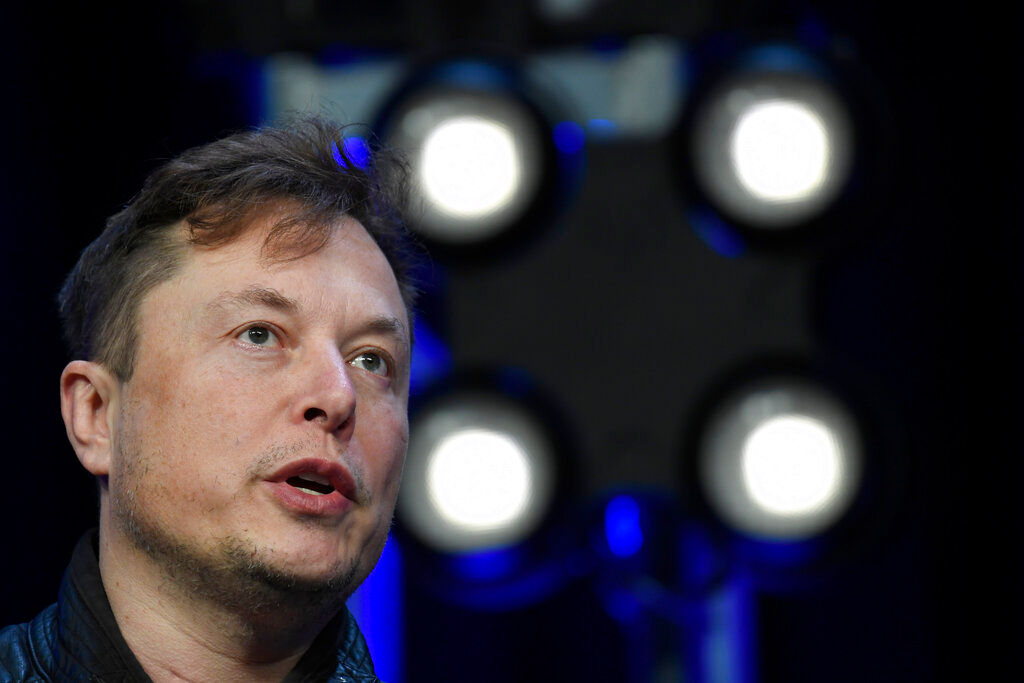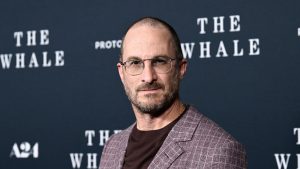Elon Musk, Tesla and SpaceX CEO, tweeted about Frank Herbert’s Dune. He put up a picture of the sci-fi work’s dedication page, where Herbert says “the people whose labours go beyond ideas into the realm of ‘real materials’—to the dry-land ecologists, wherever they may be, in whatever time they work, this effort at prediction is dedicated in humility and admiration”.
Musk had earlier expressed his admiration for the 1965 book, which had first been unsuccessfully made into a movie by David Lynch but enjoyed better reception when Denis Villeneuve adapted it for the screen.
“Dune series by Herbert also brilliant. He advocates placing limits on machine intelligence”, the billionaire had tweeted in 2014.
The 51-year-old shares similar views as the American author who wrote the series. At the SXSW tech conference in Austin, in 2018, Musk said, “AI is far more dangerous than nukes. Far. So why do we have no regulatory oversight?”, as per CNBC.
While the entrepreneur might agree with the technological aspects of Dune, he’s also in tandem with the ecological questions Herbert’s novels evoke. The series is as much about ecology with environmental science underpinning a large part of the narrative.
Also Read | Twitter to introduce ‘edit’ option on platform
Scholars, who have studied the work, have noted that the text has several allegories. The spice found on Arrakis is central to the story and motivates the protagonist’s struggle to fulfil their destiny. It is used for interstellar travel by the Spice Guild, while the Bene Gesserit use it to expand mental powers. Many have seen spice to be a parallel for oil and oil trade.
Willis E. McNelly, writer of the Dune Encyclopedia, and Herbert’s close friend noted that the series can “be construed as a thinly veiled allegory of our world’s insatiable appetite for oil and other petroleum products.”
William Senior, an academic, noted “In the series, especially in the initial volume, Herbert foresees many of the issues that face us most insistently today.” He continued, “Five years before Dune was published, oil, fuel, and gasoline simply were not pressing concerns for most of the world; and gasoline was, in actuality, relatively inoffensive”.
Herbert, in his 1980 essay, Dune Genesis, explained “I had already written several pieces about ecological matters, but my superhero concept filled me with a concern that ecology might be the next banner for demagogues and would-be heroes…I could begin to see the shape of a global problem, no part of it separated from any other—social ecology, political ecology, economic ecology.”
Also Read | Elon Musk warns mass extinction: How true is billionaire’s prediction?
Much like Herbert, Musk is concerned about ecology, and energy sources as well. Recently the world’s richest man made a case for nuclear energy being beneficial to the environment.
“Countries should be increasing nuclear power generation! It is insane from a national security standpoint & bad for the environment to shut them down”, the South Africa-born entrepreneur tweeted.
Musk also agreed with an individual who said, “Nuclear is clean, efficient, and could replace fossil fuels entirely if it was embraced. It’s not, because so-called environmentalists aren’t pro-clean energy, they are anti-human”, replying, “Some are indeed sadly anti-human”.
In an earlier post, he again warned of population collapse being a bigger risk to civilization than global warming, but acknowledged that Musk feels global warming is a “major risk”.
Much like Herbert’s Dune, Musk also engages in thoughts about the environment and the future of civilization, having recently pinned a tweet from July 27, that says “A new philosophy of the future is needed. I believe it should be curiosity about the Universe – expand humanity to become a multiplanet, then interstellar, species to see what’s out there.”







